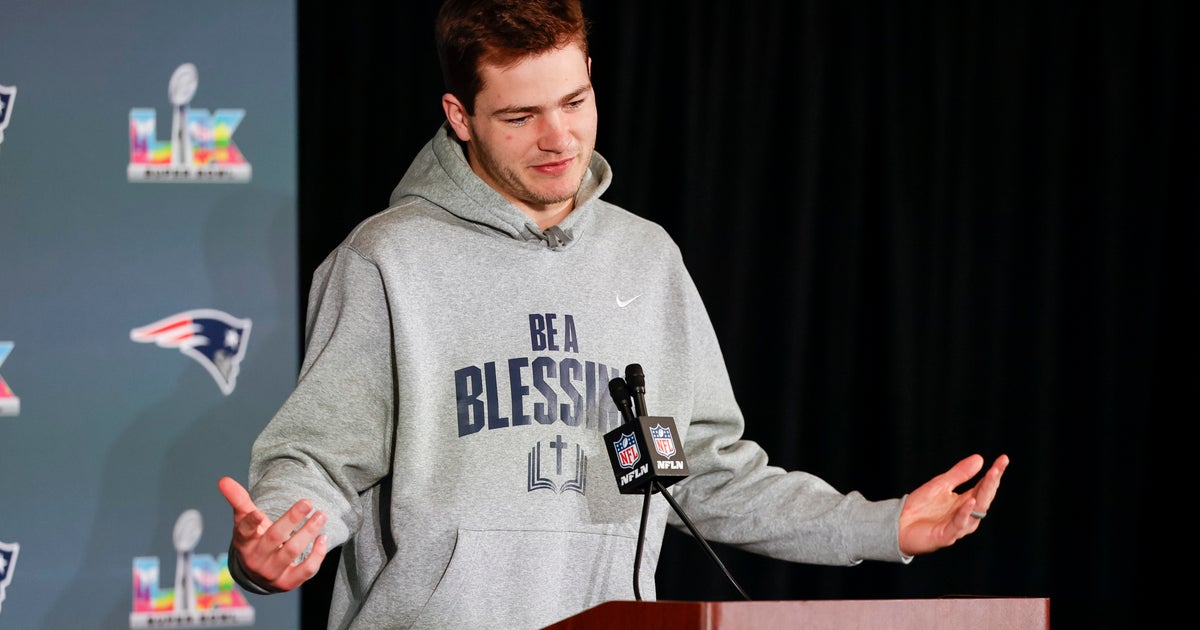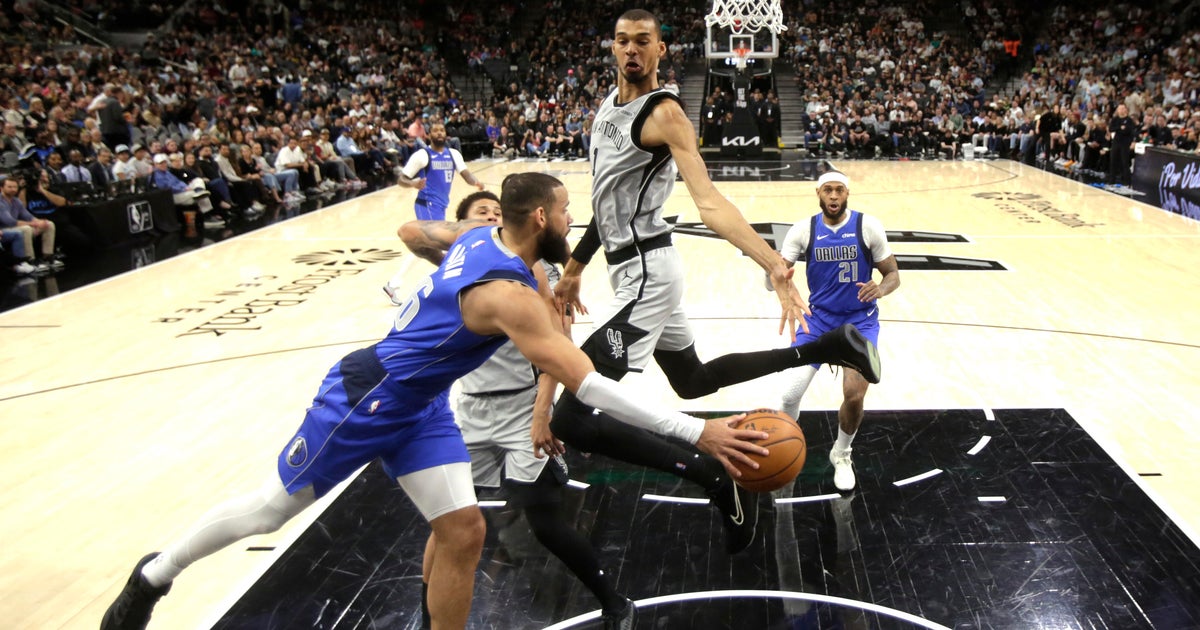Bill Belichick Gives Thorough Answer When Asked About Coaching Philosophy
BOSTON (CBS) -- Whenever you ask Bill Belichick a question about anything, you can never be sure what kind of answer you're going to get. It might be a one-word utterance; it might be a 500-word thesis. You just never know.
On Monday, a day after his Patriots narrowly defeated the Jets 24-17 in New Jersey, Belichick gave the latter.
At the end of a conference call with reporters, Belichick was asked how he balances the Patriots' established system against making week-to-week adjustments that are deemed necessary. Belichick answered the question as thoroughly as possible.
Below is his complete answer:
"Well, I'll just say that when you start the season, you have, let's call it 20 practices, not including the spring. So let's call it 20 practices and some preseason games, and during that time you're trying to evaluate your team, work on a lot of basic and fundamental things and I'll say basically get your team ready to play not only on the opening day, but for getting conditioned and build your fundamentals and all that so that you can compete in the 16-game regular season.
"In those 20 practices and however many preseason games certain players play in – two, three, four, whatever it is – against other teams that are doing the same thing, so you're not getting schemed, you're not getting game planned, you're not getting some of the more sophisticated and the higher degree of difficulty things in any phase of the game. You're in more of an evaluation mode and a fundamental mode. That's where you're at, and then as you get into the season, you build on that and you have things that attack certain schemes or you have to use to address certain issues that your opponent is trying to pressure you with. Maybe you just sit in your base, whatever it is, to handle it. Maybe your basics handle it, but maybe you need to go a little bit beyond that or maybe you see opportunities to create a play that you might install on a weekly game plan basis, and then all that accumulates.
"So, when you go from 20 practices to, let's call it 60 practices over halfway through the season, maybe 80 practices at the end of the season, you're going to have a lot more in with 80 practices and you could probably triple the number of meetings on that and everything else then where you're going to have after a relatively short period in training camp. So, along those same lines, I mean, if we keep running the same play all year, the same ones that you put in in training camp and keep running those same plays all year, it's not that difficult in this league to figure out what those few things are and game plan accordingly. So, if you don't increase the volume of your scheme on offense, defense and special teams, then every week, your opponent's just looking at a handful of things and probably most of them they've seen before.
"So, I don't know how much problem, how much stress you're really putting on your opponent if that's the way that you do it. I'm not saying that's a bad thing because you can play your basic stuff, and if it's working well and if you're doing well with it and people can't handle it, then there's no reason to change it. But I don't know how many teams in the league fall into that category. I wouldn't say it's an exceedingly high number and it never really has been, based on my experience in the league. Although, I'm not saying that can't happen, but I would certainly say that's not the most common way that teams evolve throughout the course of the year.
"So, you do what you need to do each week to try to win. You put in the plays, make the adjustments, you don't want to overload things – I mean, nobody's talking about putting in a new offense every week. That's not it at all, but are there some modifications you can make? Sure, and as you rep those and you use them and if those situations come up again, then maybe you can fall back to that same type of scheme.
"But to think realistically, which it's incomprehensible to me, but, I mean, I don't know. Maybe I just can't figure it out, but it's incomprehensible to me how anybody could think that a team that's practiced for six months and played 19 regular season and postseason games and had triple-digit practices, five months later, after not playing a game, after having a fraction of that type of experience, could be anywhere close to the level of execution that they were five months before that after all of the things that I just listed. I mean, it's impossible in my view.
"So, each year, you start all over again. You start that process all over again. You build your team over the course of the year though practice repetitions, through preseason to regular season games, through the evolving of your scheme, and that's why each year is different and unique. But, I understand I'm in the minority and most other people don't see it that way, which is OK, but that's the way I see it."







